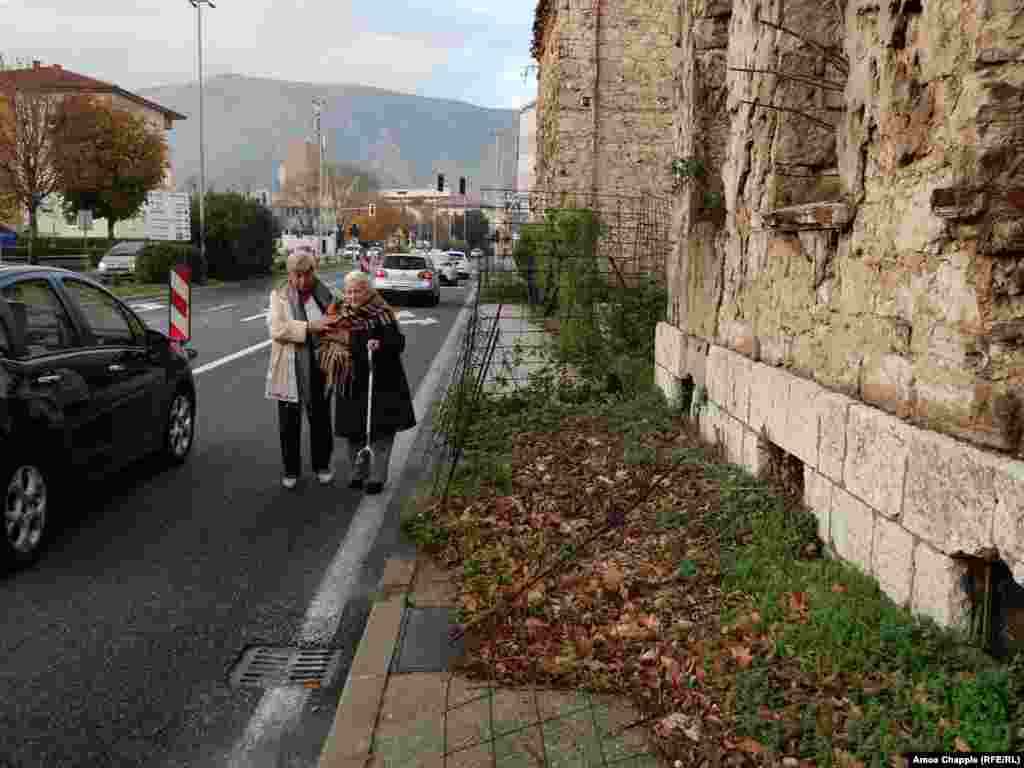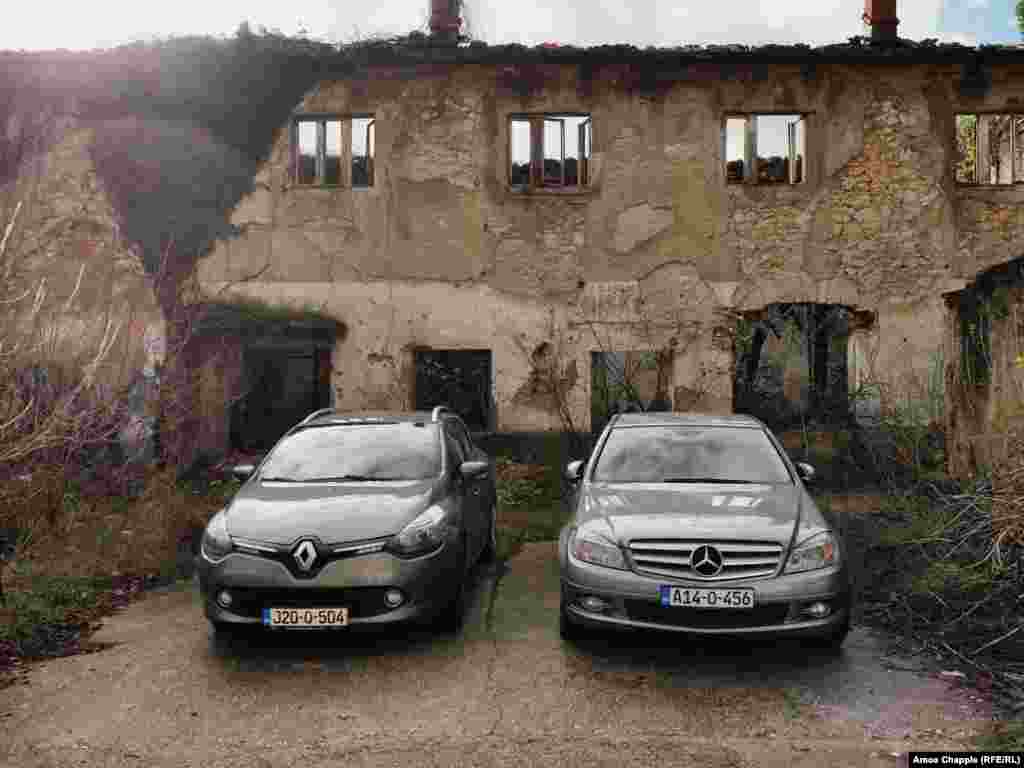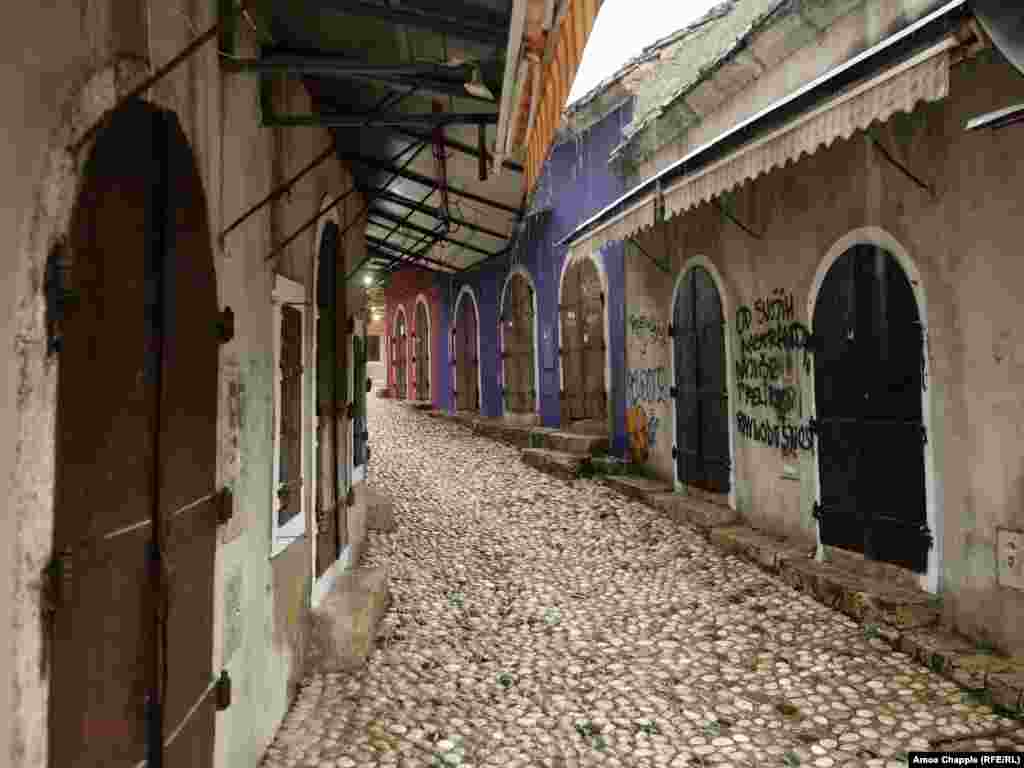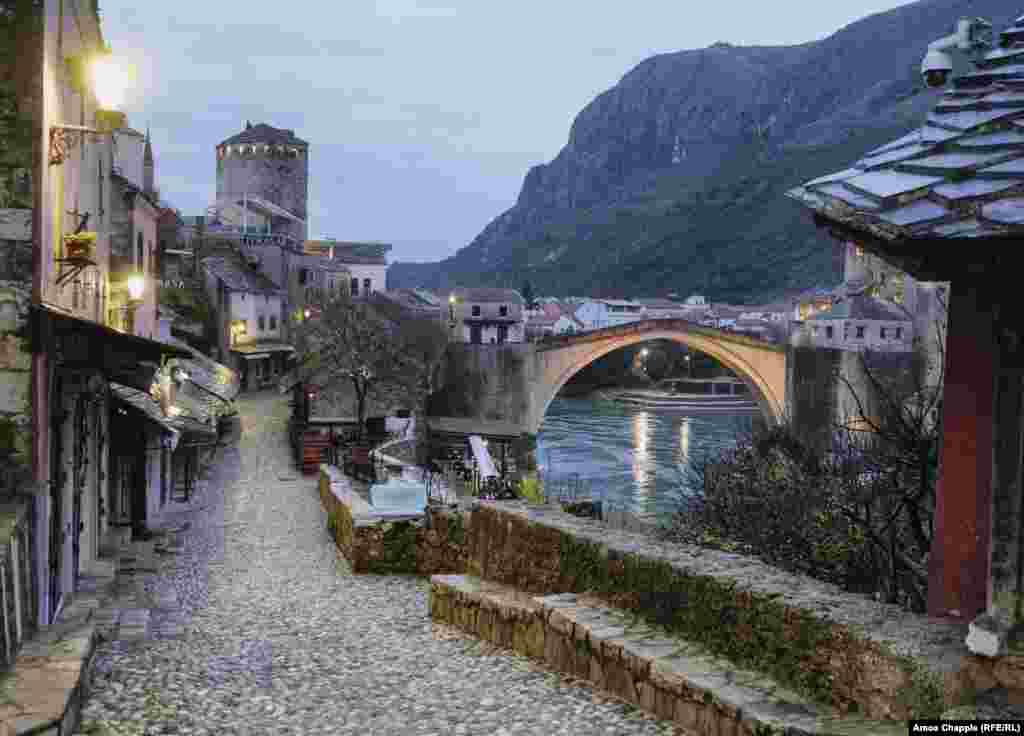At his year-end press conference, Russian President Vladimir Putin repeated long-standing complaints about the West and avoided direct answers to several questions, steering clear of even uttering the name of poisoned Kremlin foe Aleksei Navalny.
But he did address that issue and others, including a report that chipped away at the secrecy surrounding his own family, the future of ties with the incoming U.S. administration, and prospects for arms control.
He also gave a full-throated defense of his man in Chechnya, accused rights abuser Ramzan Kadyrov, and fielded questions ranging from “are we in a new cold war” to “what is the secret of family happiness?”
Here are some of the most telling — or bewildering — moments in the four and a half hour marathon.
‘The Patient In The Berlin Clinic’
Putin’s appearance before the press corps came three days after a bombshell investigation by the open-source research group Bellingcat about the poisoning in August of opposition politician Aleksei Navalny. Among other things, the report — which was done jointly with The Insider, Der Spiegel, and CNN — found that Federal Security Service (FSB) agents with training in chemical weapons and toxins had trailed Navalny to the Siberian city of Tomsk and had tried to poison him at least twice previously.
After Navalny was medically evacuated from Siberia to Berlin, German authorities identified a substance from the Novichok nerve agent family as being the culprit — a substance similar to one that was created by Soviet scientists and used previously in 2018 in England against former Russian military intelligence officer Sergei Skripal and his daughter.
Given how the Kremlin has tried to choreograph these events in the past, it was unclear at the start whether any reporters would be allowed to ask him about it at all. But the opportunity did arise in a question from a reporter with the Kremlin-friendly media outlet Life News.
WATCH: Putin Responds To Navalny Poisoning Investigation With Baseless Claims Of U.S. Involvement
As he has in the past, Putin first asserted, without evidence, that Bellingcat was a tool of U.S. intelligence agencies, saying it was “legalizing” information — meaning “laundering” it, airing it out in public through Bellingcat, its partners, and the other media reporting the story.
“Listen, we know very well what this is…not some investigation, but the legalization of the materials of American special services,” Putin said.
Putin, as has been his habit for years now, took great pains not to utter Navalny’s name: calling him “the patient in a Berlin clinic” and a “blogger” as he appeared to defend the surveillance of Navalny by Russian authorities in the first place.
“What, we don’t know that [Western intelligence agencies] are tracking locations? Our intelligence services know this perfectly well: FSB officers and officers of other agencies know it. They use their phones where they deem it unnecessary to conceal their location. And if it’s like that — and it is — it means this patient in a Berlin clinic is enjoying the support of the U.S. intelligence services in this,” Putin said.
“And if that’s correct, then that’s interesting, then, of course, the [Russian intelligence] services certainly should track him. But that doesn’t mean he needs to be poisoned. Who needs him?”
Still, he added: “If they wanted to, they would have finished the job.”
‘It’s The Entourage That Makes The King’
In 2016, Putin congratulated Donald Trump on winning the U.S. presidency just hours after polls closed in the United States, and after Trump’s opponent, former Secretary of State Hillary Clinton, conceded the race.
This year, Putin waited six weeks to congratulate former Vice President Joe Biden on his victory, waiting instead until the Electoral College had formalized his win.
The contrast wasn’t missed by anyone. Particularly because during that six-week interval, Putin offered commentary on the U.S. election process, claiming it was flawed.
Now Putin and the Kremlin are bracing for a Biden administration that is expected to take a far harder approach in its relations with Moscow.
Asked how he expected Moscow would get along with the Biden administration, Putin offered scant praise for Biden, who traveled to Moscow many times over his career as a senator and then as vice president.
“This depends to a significant degree on the new administration,” Putin said.
“I’ll repeat once again, he is a very experienced man; he’s been in politics all his life. But, you know, there’s a well-known saying: it’s the entourage that makes the king,” he said.
Putin also stated again that Moscow was interested in extending the last arms control treaty currently capping the U.S and Russian nuclear arsenals, New START, which expires in February 2021.
So far, the United States has given mixed messages on the agreement.
The Trump administration, which pulled out of two other major arms control and arms transparency treaties, initially wanted to bring China into the treaty. But when that appeared unrealistic, it proposed prolonging New START while also capping nonstrategic nuclear weapons, of which Russia has a larger number.
That was a nonstarter for Moscow, which made an offer to not deploy a class of missiles to the Baltic Sea exclave of Kaliningrad, a bargaining chip that went nowhere.
At this point, it appears the talks are on hold, given the results of the U.S. presidential election, though Biden has signaled a willingness to extend the treaty without conditions.
“We’re not expecting any surprises here, but after all, everyone’s heard the statement from the president-elect that it would be reasonable to extend the New START treaty, but let’s see what this leads to in practice,” Putin said.
Putin, however, also lashed out at the United States for pulling out of an arms pact nearly two decades ago, the Anti-Ballistic Missile (ABM) treaty. That, he said, had forced Moscow to push forward and develop new weapons, including hypersonic glide missiles.
Outing Putin’s Daughter
Putin was asked about a recent investigative report by the Organized Crime and Corruption Reporting Project (OCCRP) and the Russian website iStories about Kirill Shamalov, who purportedly married Putin’s youngest daughter, Yekaterina, in 2013 and proceeded to use his connections to amass a fortune worth billions of dollars within a few years.
His response was particularly interesting because information about Putin’s daughters has been one of the Kremlin’s most closely guarded secrets throughout his decades in power. Putin rarely speaks of them except in the most general terms.
Putin responded with a rhetorical question that he proceeded to answer: “Do you know what I noticed immediately? It is constantly written [in the report] ‘the president’s son-in-law.’ But at the end they write ‘former son-in-law.’ That is the first thing. During the entire course of the play, though, they constantly screw into the reader’s mind that he was a ‘son-in-law.’”
What was missing was any hint of denial that Putin had been related to Shamalov or that the woman he was married to, Yekaterina Tikhonova — who goes by Katerina — is indeed his daughter. Putin’s youngest daughter, Yekaterina, was born on August 31, 1986, in Dresden, East Germany.
In January 2015, Russian blogger Oleg Kashin identified Tikhonova as Putin’s daughter. Asked about the report at the time, Kremlin spokesman Dmitry Peskov said, “I don’t know who she is.” He added that his job was to “deal with the president, not with his children.”
Tikhonova is an acrobatic dancer and is the director of a $1.7 billion publicly funded innovation center at Moscow State University. She separated from Shamalov, whose father is a friend of Putin’s and a co-owner of Rossiya Bank, in 2018.
Putin’s eldest daughter, Maria, has been identified as Maria Vorontsova, a medical researcher who has been connected to a $624 million state-funded oncology center that is expected to open near St. Petersburg in 2021.
Kadyrov’s Got A Friend In Putin
A journalist from the North Caucasus republic of Chechnya asked Putin about Western allegations of human rights abuses by Chechen leader Ramzan Kadyrov, wondering why the West keeps “coming up” with sanctions targeting Kadyrov.
Putin responded with one of the most full-throated defenses of the Chechen strongman in recent memory. He said that Kadyrov is targeted by the West because he defends “not only the interests of the Chechen people, but of all Russia.” Putin said that Kadyrov accepts the attacks against him “philosophically” and added that many of Putin’s colleagues get offended if they are not targeted by Western sanctions.
Putin added that he knows Kadyrov “well” and that “his entire life is devoted to Chechnya and the Chechen people.”
Kadyrov, 44, has been the head of Chechnya since Putin appointed him in 2007. He has been accused by Russian and international rights groups of massive human rights abuses, including extrajudicial killings, torture, kidnapping, and the persecution of LGBT people.
He has also been accused of involvement in numerous targeted killings of political and personal opponents both in Russia and abroad.
None of the allegations has ever been investigated by authorities in Russia.
Wait, Iceland?!?!?
One of the odder moments of the spectacle came toward the end of the event when Peskov called on a foreign reporter.
At that point, a BBC correspondent had been the only other international reporter to get a chance to question Putin. He asked a punchy question of Putin that elicited a punchy Putin response.
But the second question went to a man who identified himself as Haukur Hauksson from Iceland and proceeded to not ask a question at all.
“This is a unique event anywhere in the world, when journalists are able to ask leaders questions,” he said. “This is direct democracy.”
He then wished Putin and his family a happy upcoming New Year, and told Putin that people love him in the West.
“We sincerely love Russia. It’s only the media of power — BBC, CNN, and others — that blame you for bad things, and also media in Iceland, our channels…. But there is a big war ongoing against you directly. They’re afraid of you. But to say that there is hatred in the West for you, there’s nothing of the sort,” he said.
It wasn’t immediately clear what media outlet Hauksson represented. Hauksson did not immediately respond to a request for comment sent via his Facebook page.
He has printed columns for a news outlet owned by the St. Petersburg businessman behind the notorious Russian troll factory. In 2018, Hauksson produced a first-person video feature about his long experience living in Russia that was shown on Moscow municipal TV channel Moskva 24.
Putin responded by saying: “Thank you, I rarely hear such warm words.” He then went on to discuss the United Nations, Russia’s relations with Iceland, and the potential for developing hydroelectric projects.
Putin then concluded, “The secret of a happy family is love. But it’s no secret. Everyone knows it; this is a universal thing. It must be the basis of all family relations, and, as you’ve mentioned, also international relations, in ties between nations.”
This post was originally published on Radio Free.
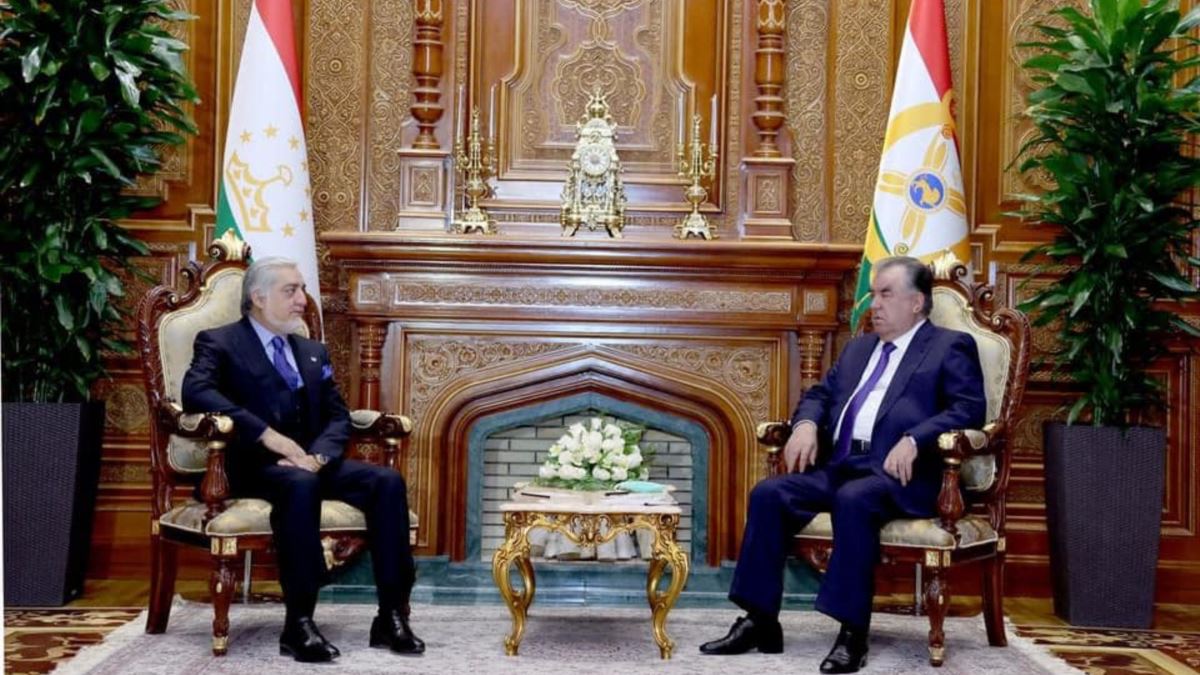

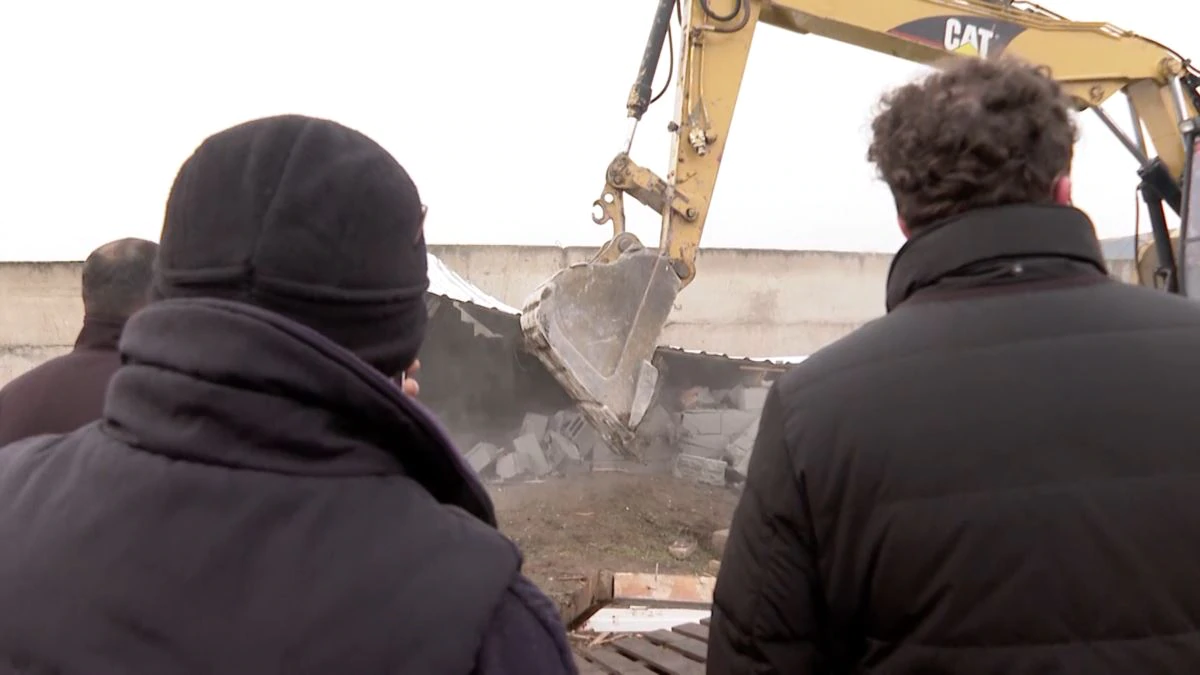
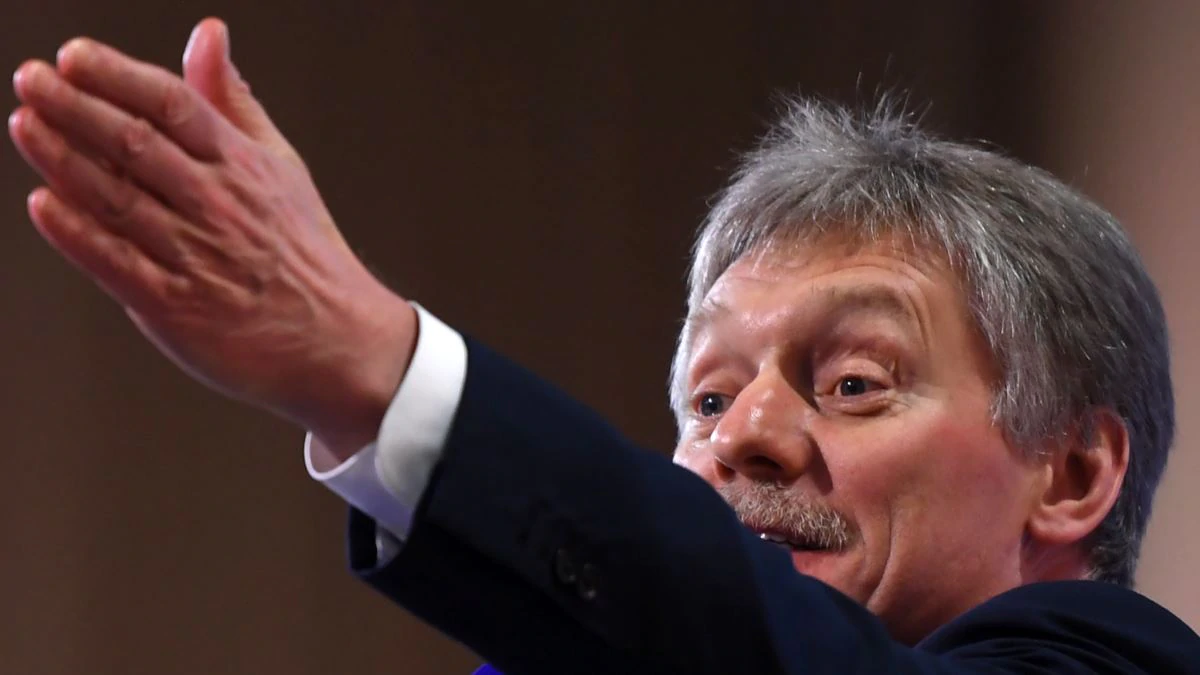


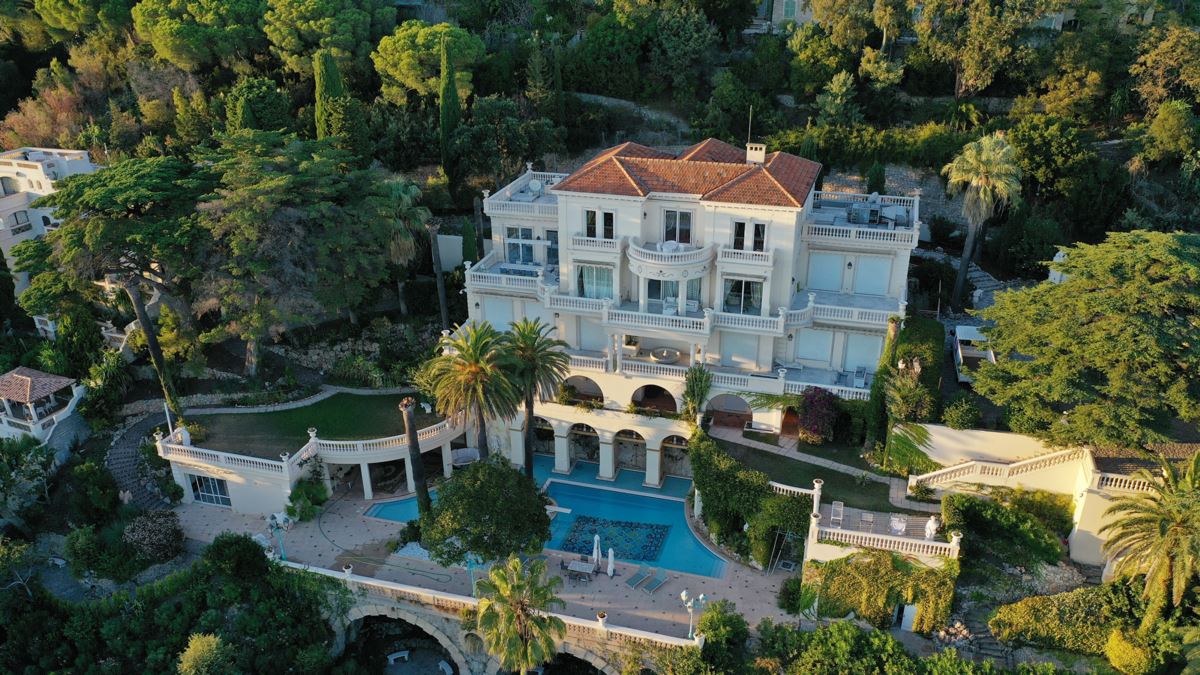
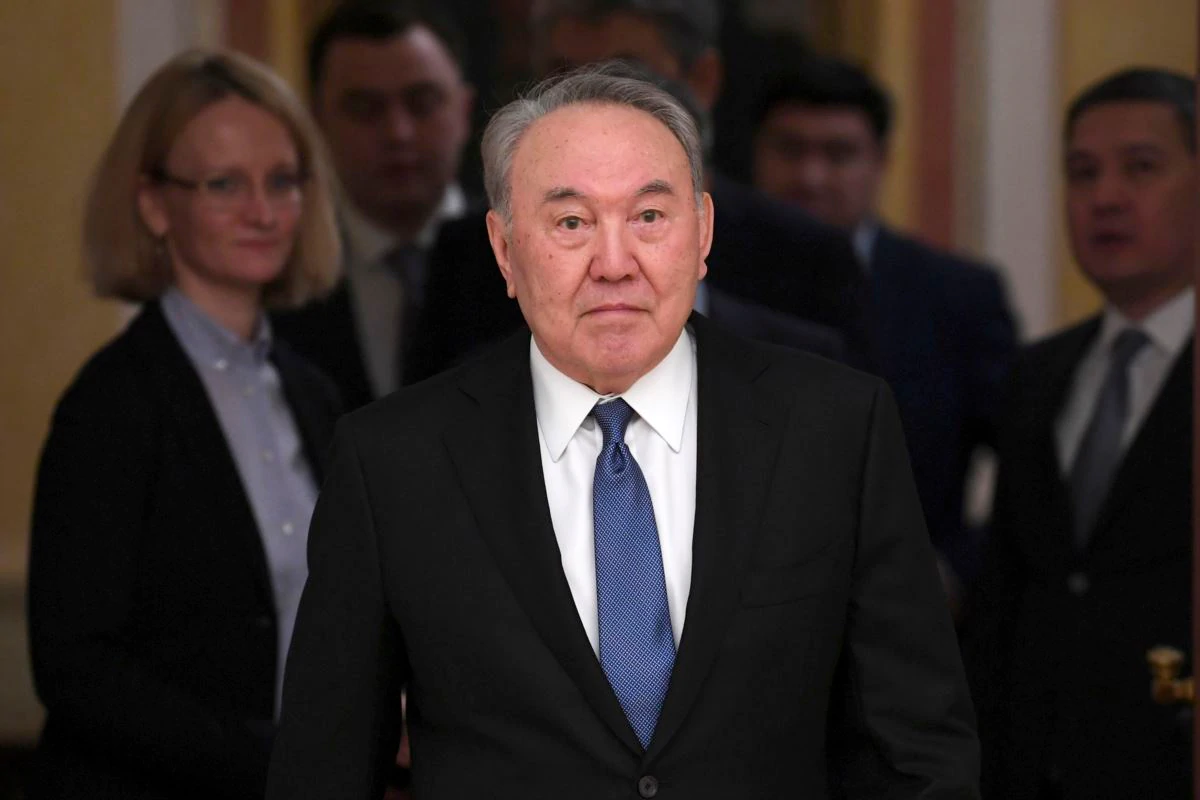







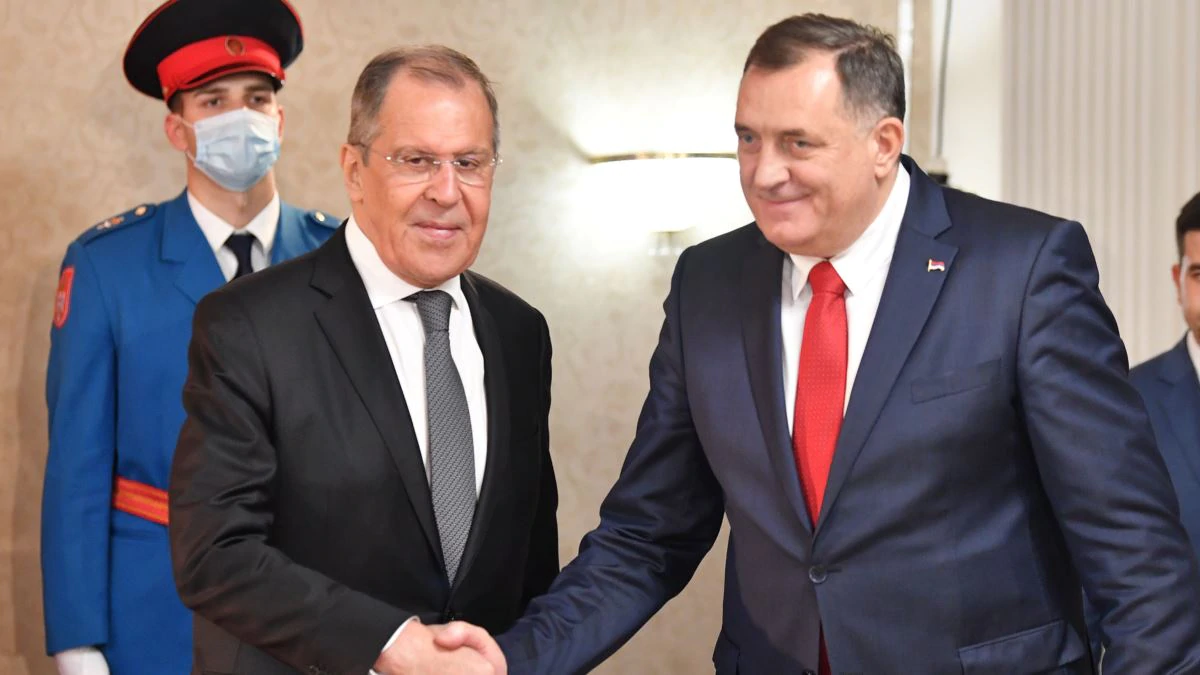



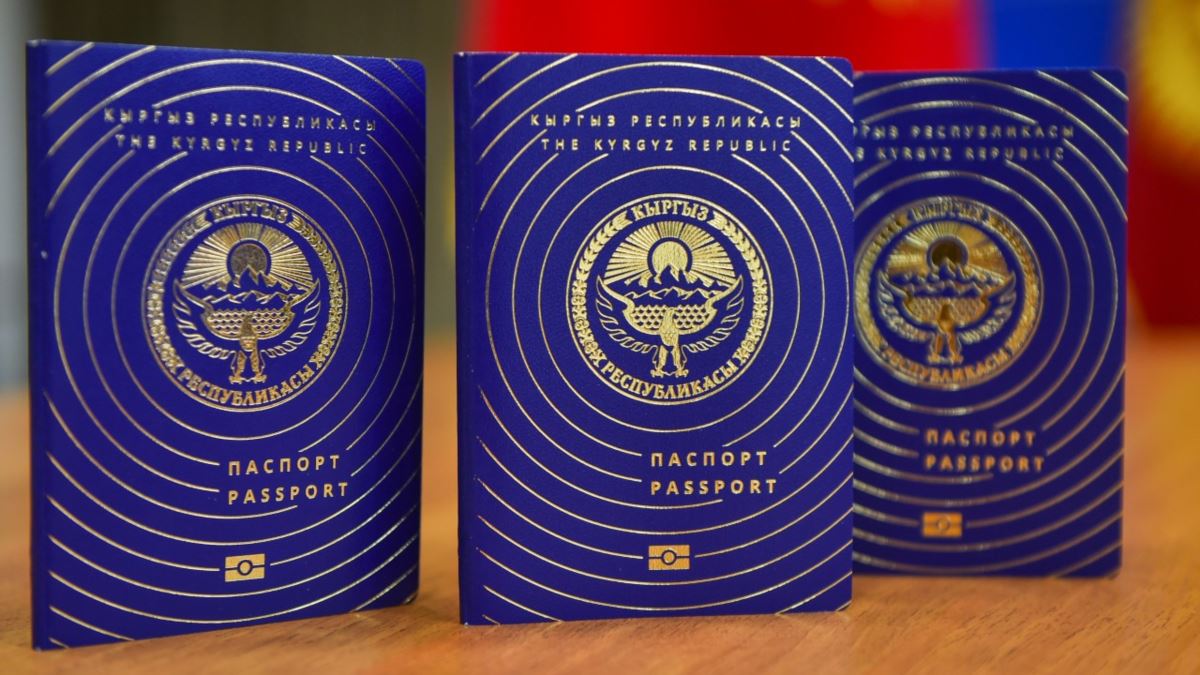

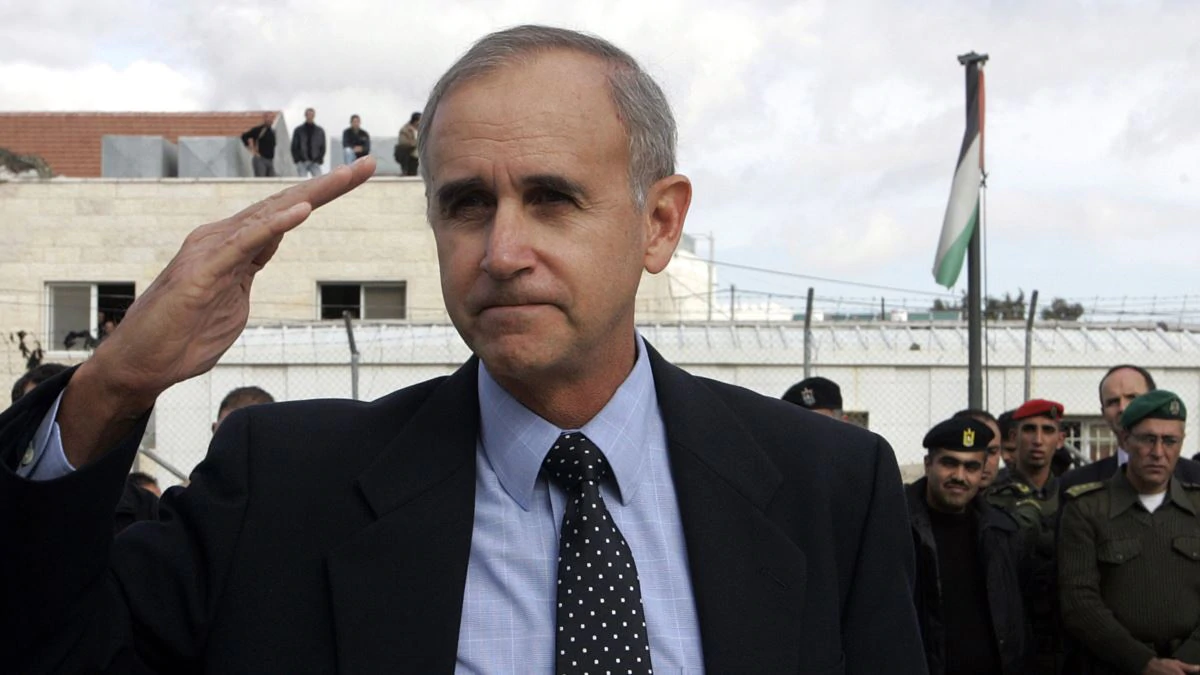
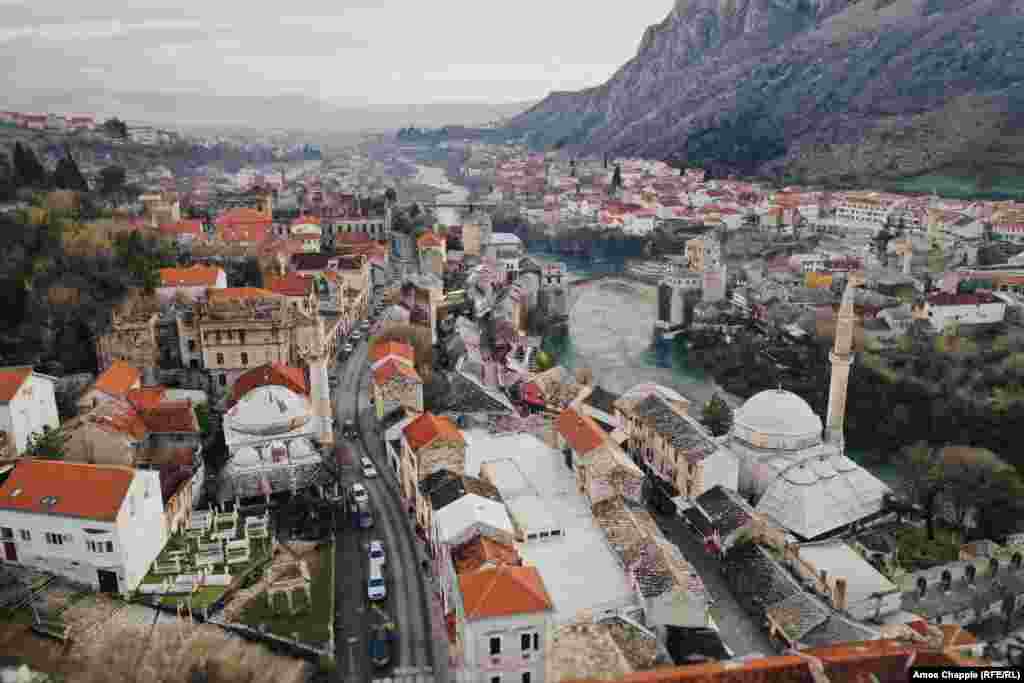
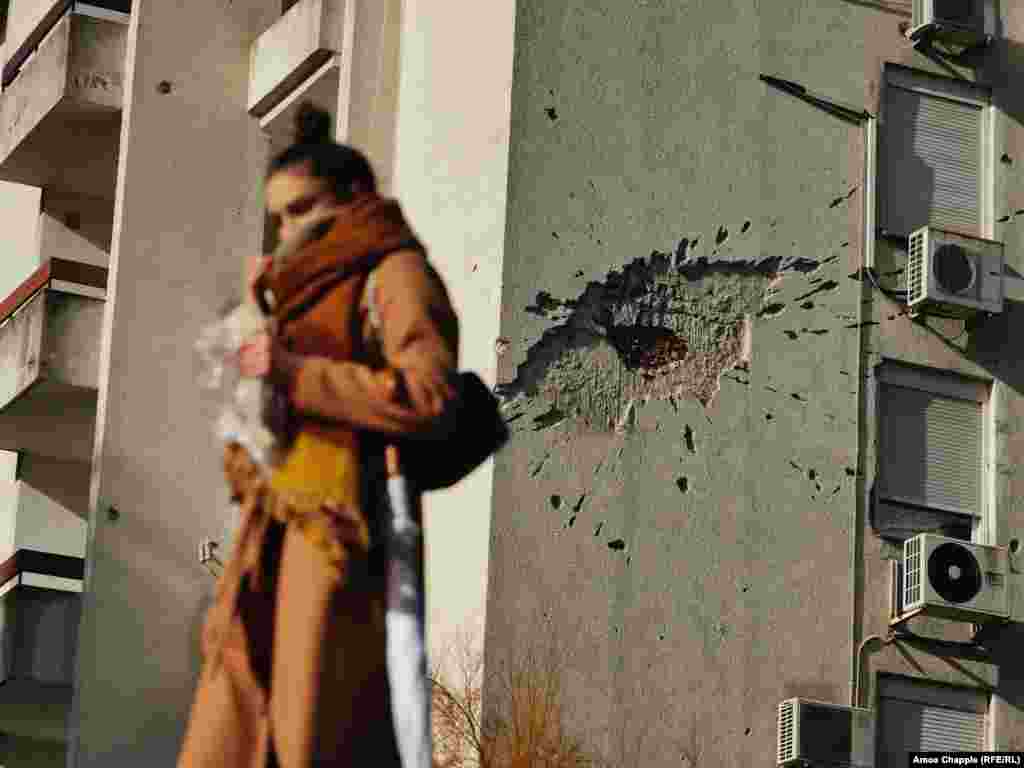
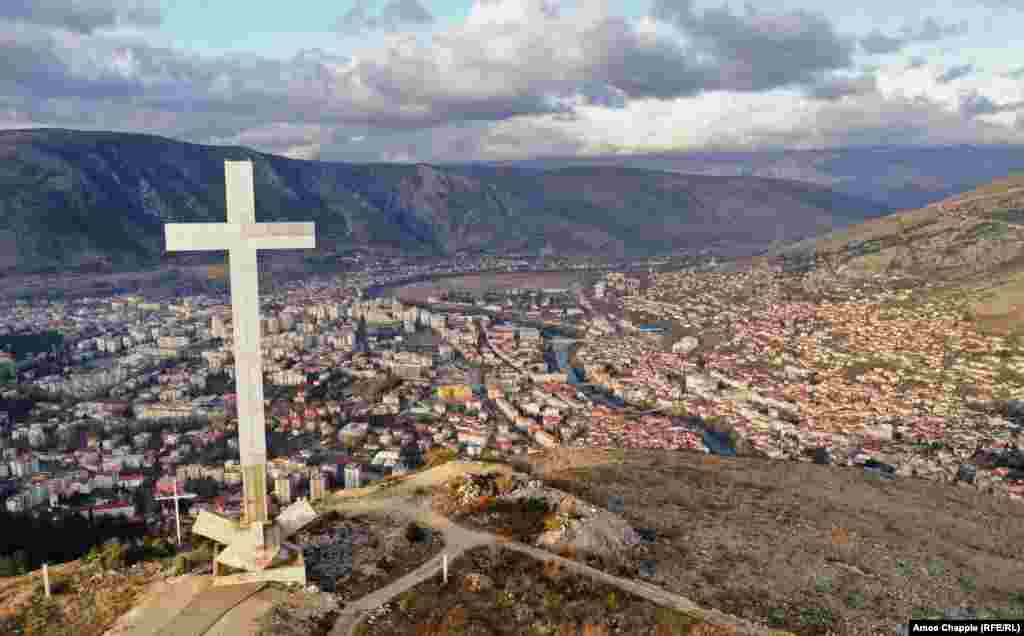
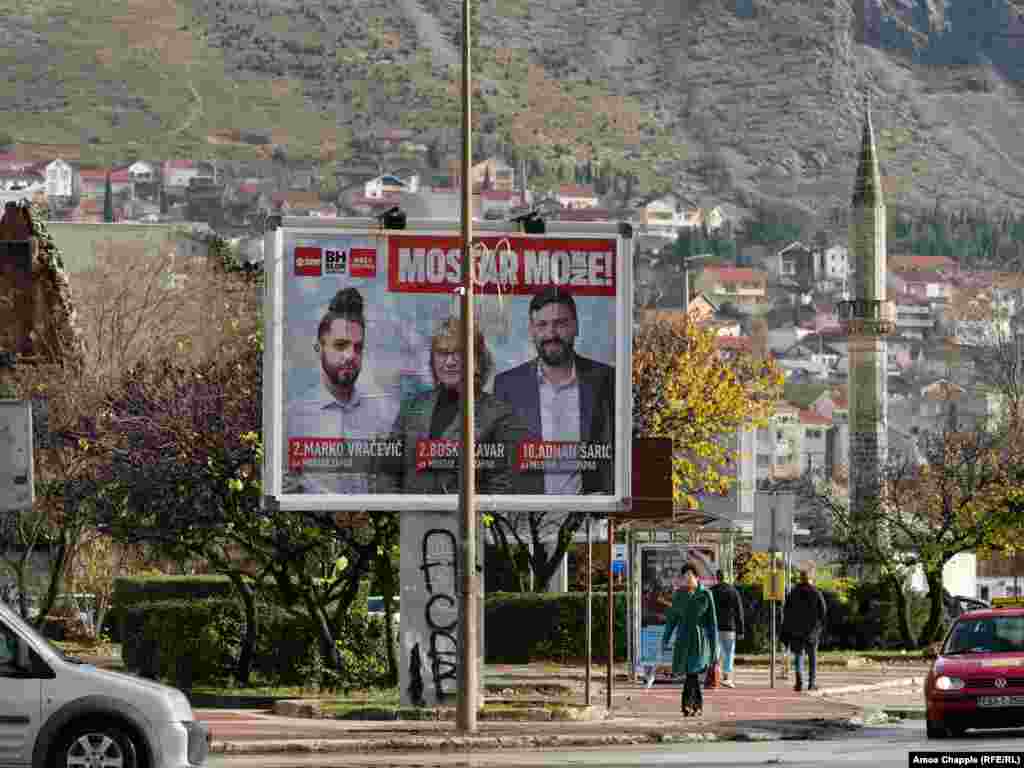
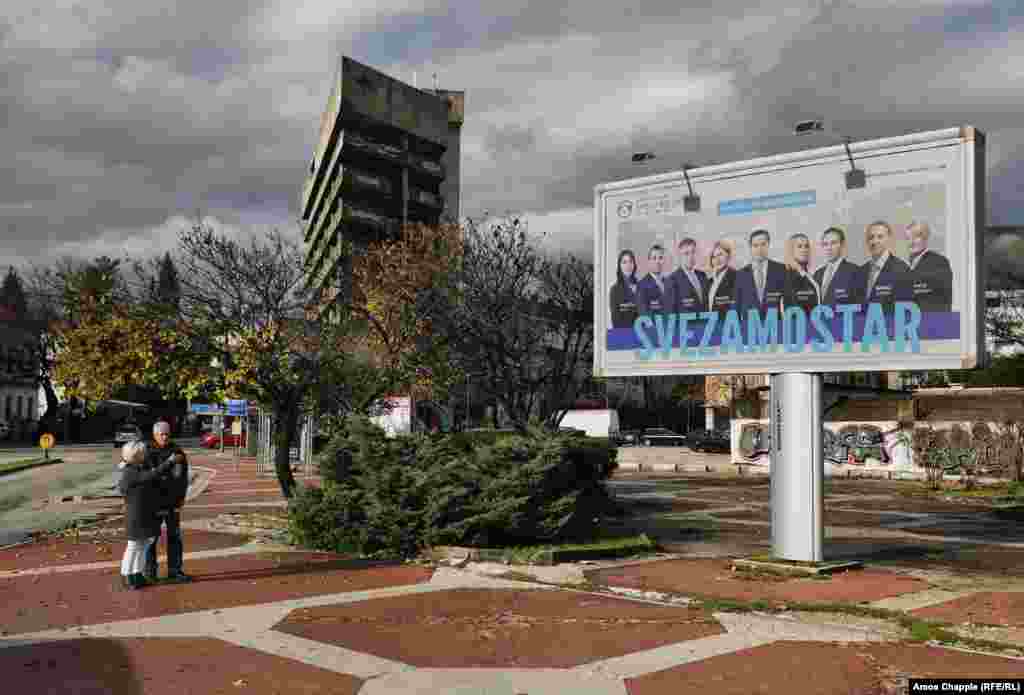
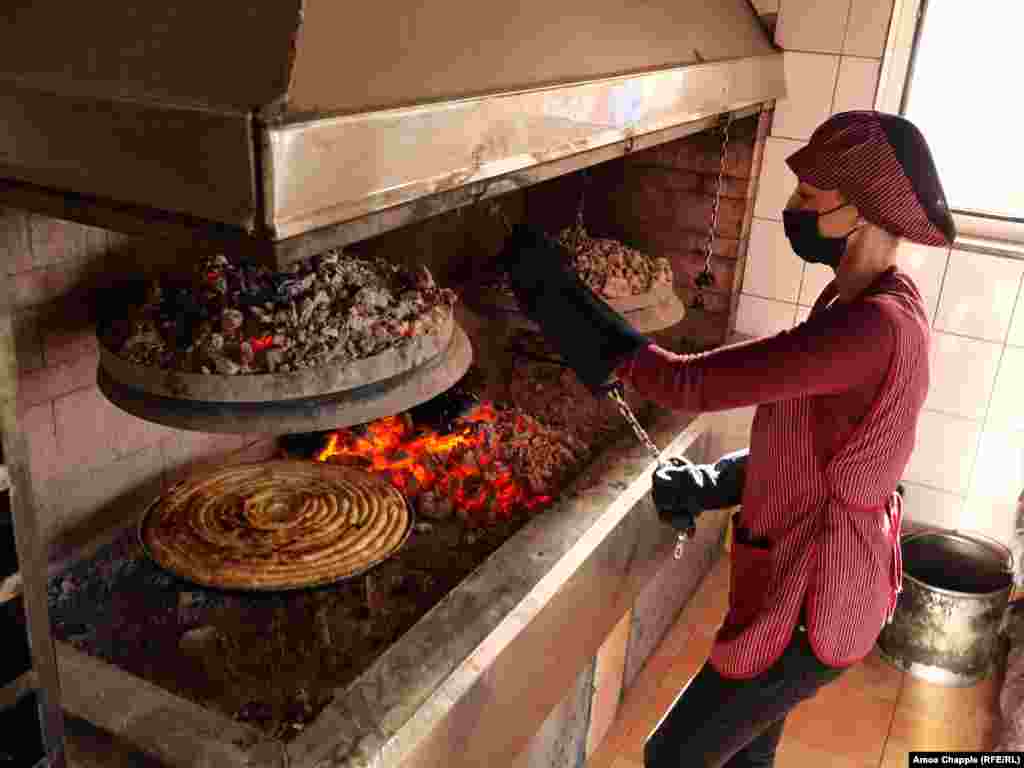
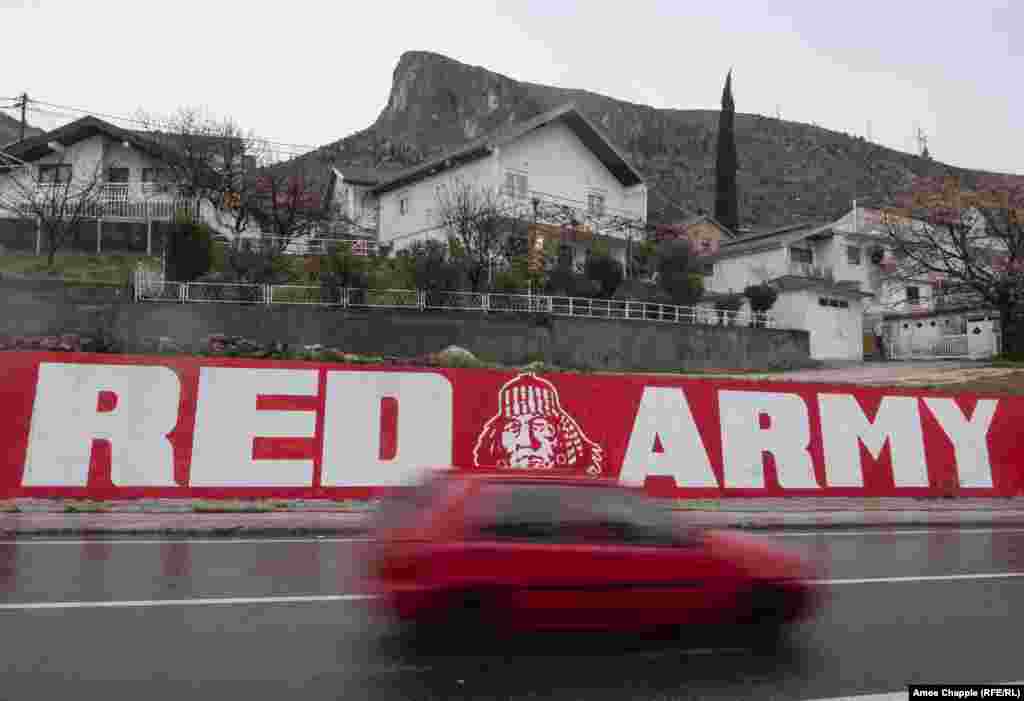
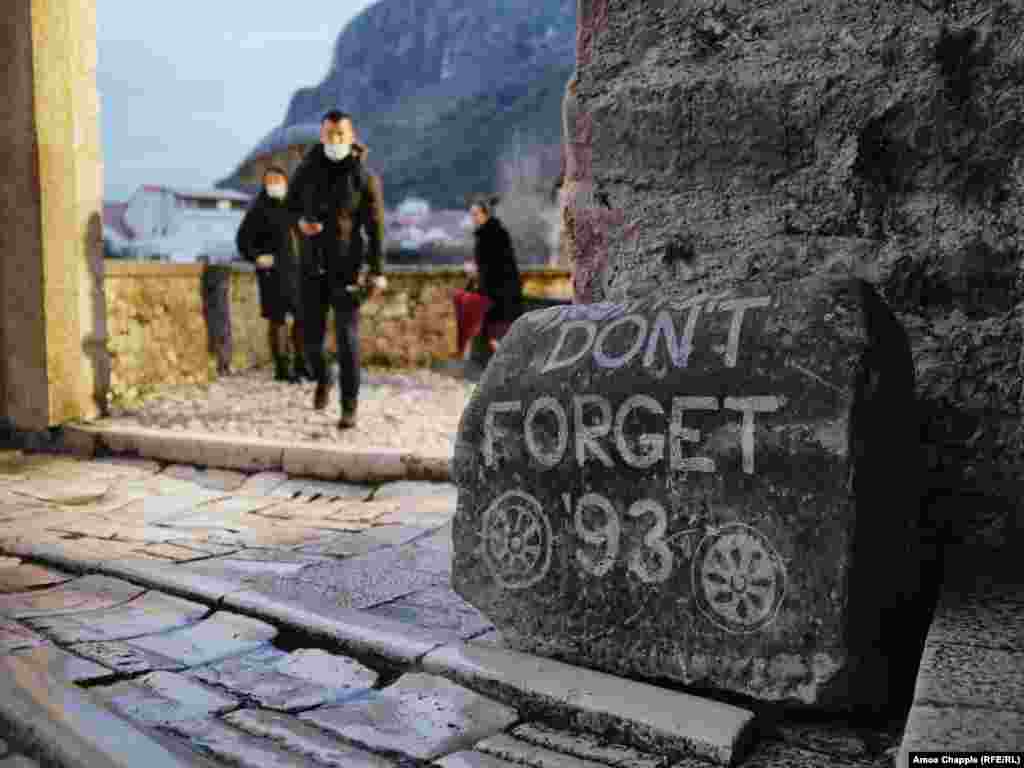
![Emina Voloder, a candidate in the upcoming elections, says she decided to enter politics for the first time because of the real-world consequences she witnessed from Mostar’s political stagnation. “I left to study in Sarajevo for six years, and when I came back nothing had changed. There are still the same buildings ruined by the war. Last year the rubbish wasn’t being collected and was just piling up on the street.” A dentist by trade, she says: “Just a few people [in local government] are spending the money that belongs to everyone.”](https://www.radiofree.org/wp-content/uploads/2020/12/3FF9A709-F443-42AB-8C04-392CB4C8B630_w1024_q10_s.jpg)
